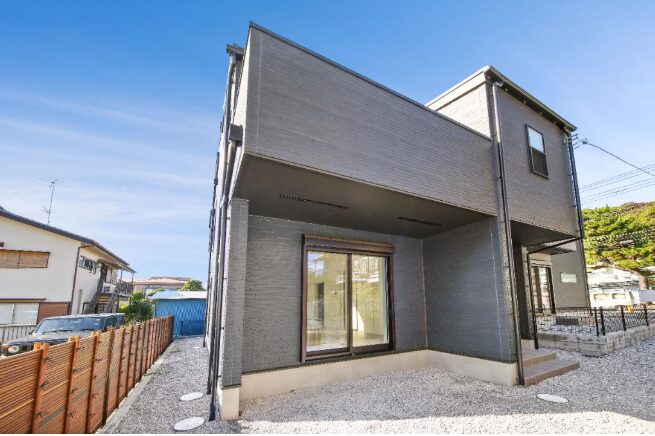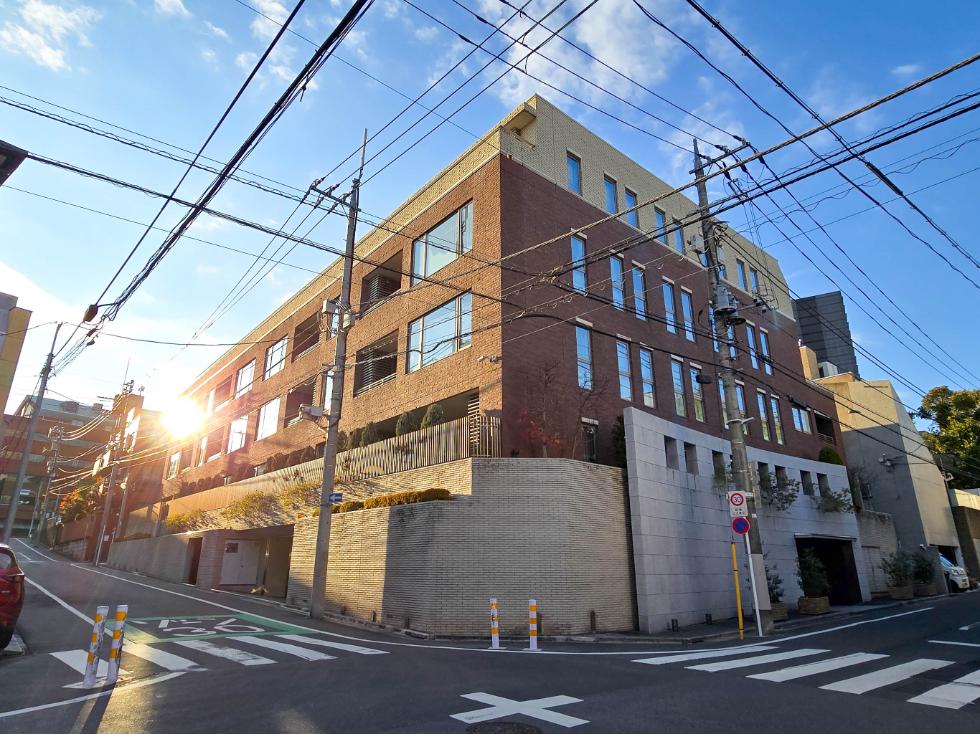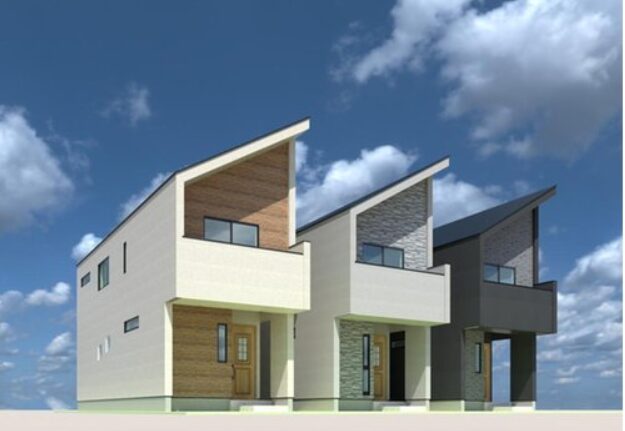Article written by Yoshiaki Maekawa
Reasons for the Price Increases in Tokyo Real Estate
Property prices in central Tokyo—specifically the 23 special wards—have been rising continuously in recent years. The commonly cited factors behind this increase include low interest rates on housing loans stimulating demand, a sharply weakened yen driving up construction costs, and an influx of foreign investment.
What’s Next for Property Prices?
Currently, the Bank of Japan is moving toward raising its policy interest rates. It’s likely that rates could rise by around 1% within the year. If short-term interest rates go up, variable-rate housing loans will also rise. In addition, the yield on 10-year government bonds—used as a benchmark for long-term interest rates—is starting to climb. As a result, fixed-rate mortgage interest rates are also trending upward. If loan rates continue to rise, but wages do not increase at the same pace (or faster), demand for property purchases will decline.
Large corporations are benefiting from the weak yen and seeing improved business performance, so they can potentially raise wages in response to inflation and rising interest rates. However, small and medium-sized enterprises—especially those reliant on imported materials and goods—are struggling and likely won’t have the capacity to increase wages. Since large corporations make up only about 0.3% of all companies in Japan, the number of workers who can expect substantial wage increases is limited. Therefore, if Japan enters a phase of high interest rates and a weak yen, real estate demand will likely be limited to luxury properties such as high-rise condos in central Tokyo, mainly purchased by foreigners.
If the yen were to strengthen instead, inflation would slow, and the performance of import-related companies would improve. However, corporate earnings would fall, leading to lower tax revenue for the Japanese government, which could result in more tax hikes—ultimately hurting the Japanese economy. Looking at the overall picture, when interest rates rise and inflation slows, real estate prices are likely to stop increasing.
What Should Overseas Investors Do?
The most ideal scenario for rising real estate prices is a combination of low interest rates, low inflation, and rising incomes. However, Japan does not appear to be headed in that direction. The country is instead facing higher interest rates, high inflation (weak yen), and declining disposable income (due to increased taxes).
Properties that are too expensive for many Japanese buyers are becoming more affordable for overseas investors, especially from the U.S., thanks to the weak yen. High-rise condominiums in central Tokyo have already been purchased by capital from China and Hong Kong, but due to challenges such as land acquisition, securing investment under high interest rates, and potential future regulations on foreign buyers, the rapid pace of growth in this sector is likely to stabilize.
As general demand from Japanese buyers weakens, prices will likely decline, except for a few select properties. When the number of transactions drops, sales prices will shift from stable to declining, and the range of available property options will increase. In this context, for overseas investors holding U.S. dollars, now is an excellent opportunity to invest in Tokyo real estate.
START YOUR JOURNEY TODAY
Ready to buy property in Japan? Let Mr. LAND guide you toward making your dream a reality. Browse our listings, book a consultation, or contact our friendly team for more information.
Don’t wait—take the first step toward owning your dream property in Japan today!
START YOUR JOURNEY TODAY
Ready to buy property in Japan? Let Mr. LAND guide you toward making your dream a reality. Browse our listings, book a consultation, or contact our friendly team for more information.
Don’t wait—take the first step toward owning your dream property in Japan today!








